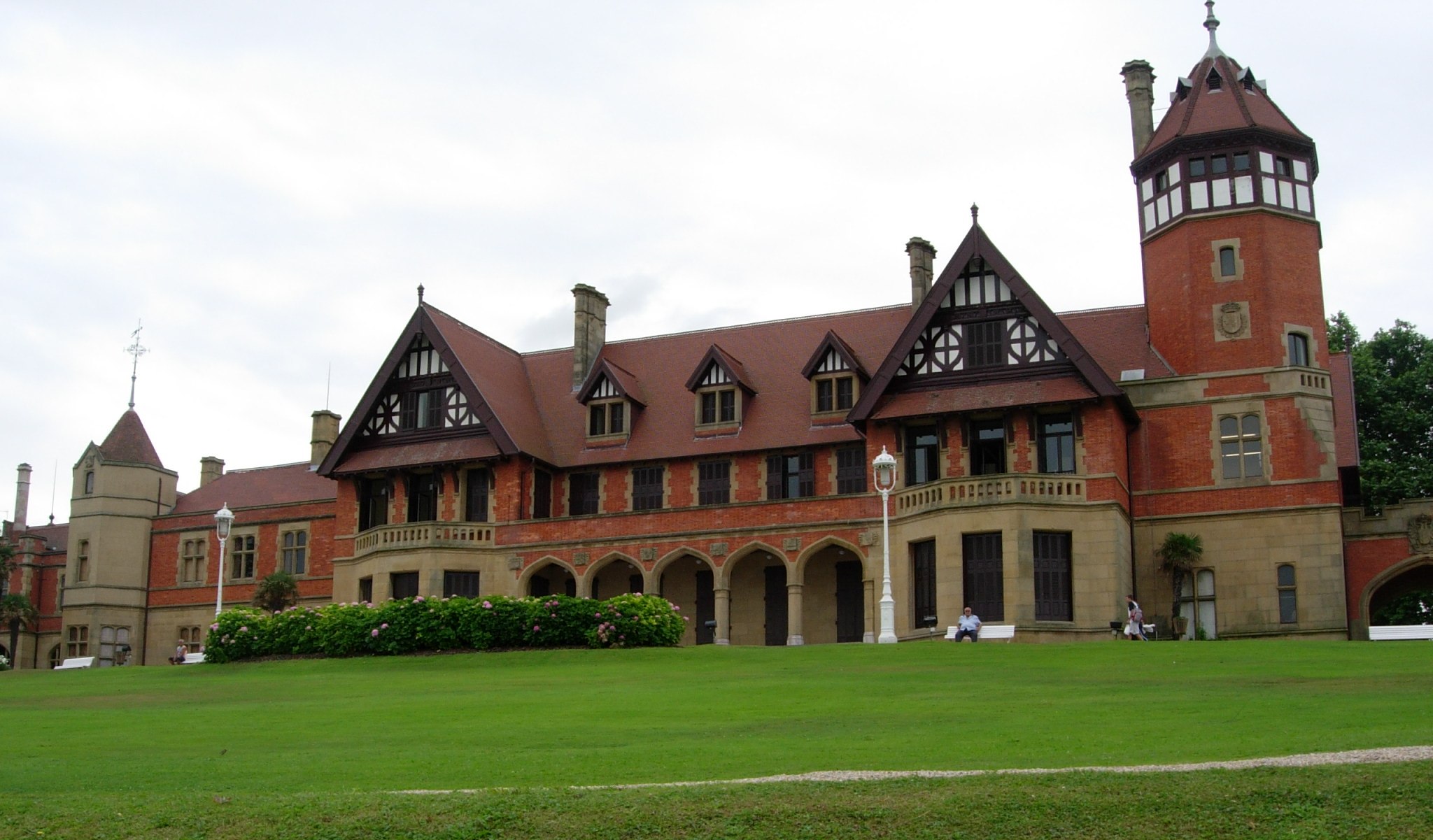|
Julio Antonio
González Pienda is professor of
Developmental and Educational
Psychology, and vice-rector of Faculty
and Academic Planning in the
University of Oviedo.
Since the early
1990s, he leads, in the University
of Oviedo, a research team focuses
on the study of cognitive,
motivational/socio-affective
(self-concept, attributional
patterns, academic goals, …)
self-regulation, family and
contextual variables in the learning
processes and their relationship
with the academic performance and
learning difficulties.
He is author
and co-author of several manuscripts
and handbooks related to these
topics, above all, in relation to
the learning difficulties, published
in prestigious national and
international publishers
(Pirámide, Síntesis,
Nova Science Publishers- New York,
SAGE Publications – Californa..). He
is also author and co-author of more
over than 200 articles published in
prestigious national and
international journals.
He was chosen a
permanent member of the
Internacional Academy for Research
in Learning Disabilities (IARLD),
placed in USA, in May 2004, in
recognition of their researches and
publications in journals with a high
impact. He was a manager in the
Educational Sciences Area
(Psychology and Education) of the
Ministery of Education and Science
(MEC in Spain) for the assessment,
management and monitoring of the
Research Projects of the National
Plan. He is also an outside assessor
in the ANEP, ANECA and FONDECYT.
CONFERENCE
ABSTRACT
Familiy and
academic performance: How does
parent involvement impact on the
academic achievement of their
children?
Currently,
research on parent involvement in
children education state the
positive correlation between such
involvement and the performance of
pupils. Hovewer, teachers are not
satisfied with the parent
participation, highlighting their
lack of interest in or concern about
school problems. While, they do show
a deep interest in that their
children get a good academic
training because they are conscious
of the fact that it is the unique
guarantee to make their way in the
future. Some parents do not know how
to involve themselves, above all, in
the adolescence. In a change context
in the familiar structure with the
diversity of current ways, an
analysis of the variables of the
family involvement that have more
impact on academic achievement of
their children, specially, in the
adolescent stage, is offered.
|
